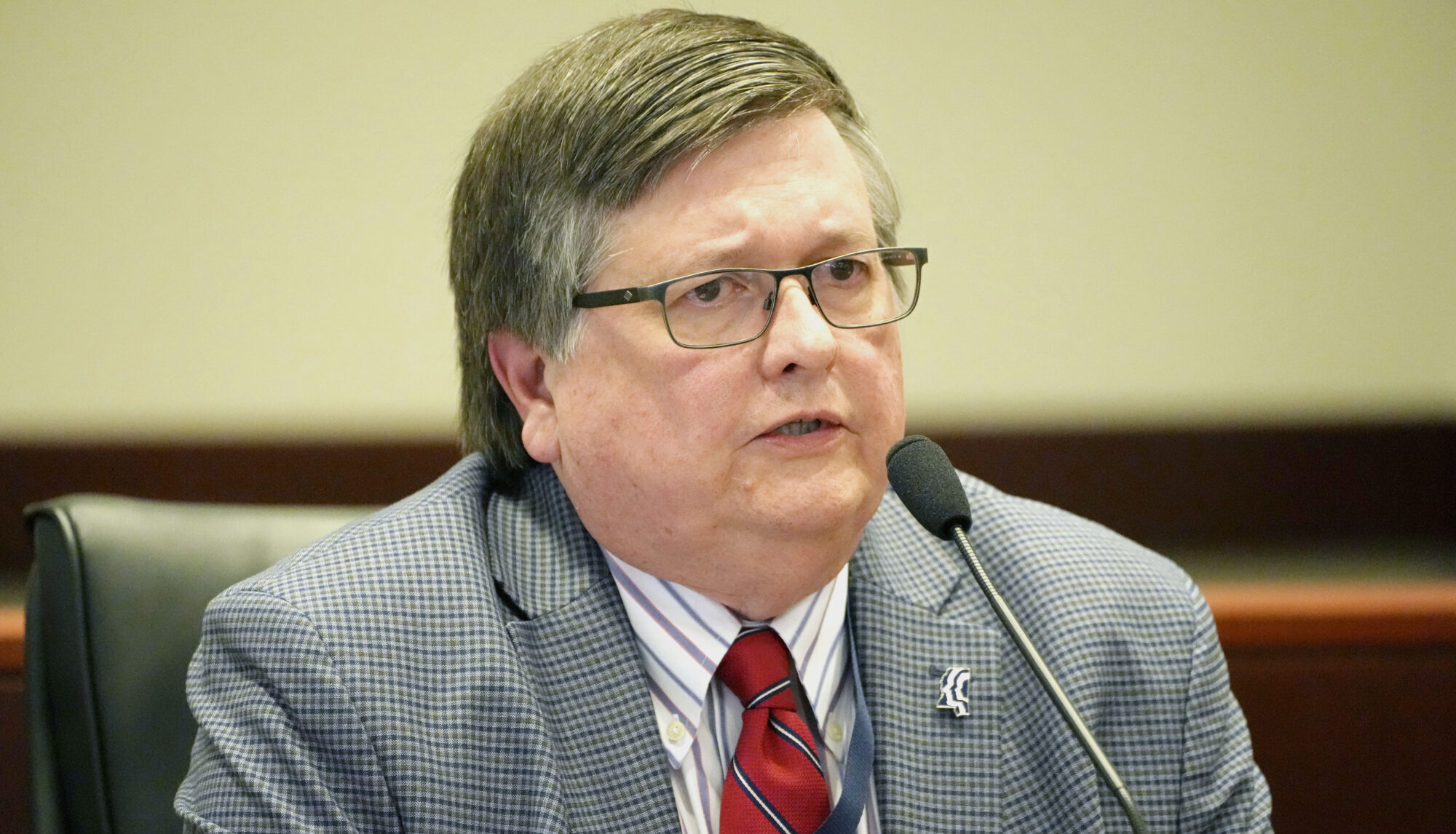Week three of the 2009 legislative session witnessed the reemergence of several important, but contentious issues.
The issues of private property rights and eminent domain abuse were among them, as we are currently debating Senate Bill 2230.
Just over three years ago, the United States Constitution was judicially amended by a vote of 5-4 in the case of Kelo v. City of New London – a case decided by the Supreme Court of the United States involving the use of eminent domain to transfer land from one private entity to another private entity in order to further economic development.
Until the Court’s opinion in Kelo, government was not allowed to confiscate property from one person and give it to another, without any public purpose. But Kelo changed the rules of the game by expressly modifying the very understanding of the phrase “public use.” By construing the phrase to encompass any secondary benefits imaginable, private property rights – as traditionally understood – were deemed illusory.
Every property owner is now threatened with the very real possibility of having his property forcibly taken and conveyed – via the government – to any non-public tax-generating entity, corporate or otherwise.
The most vulnerable among us, the economically disadvantaged, will eventually bear the heaviest burden. For example, poor communities are less likely to put their lands to what others consider the highest and best economical use, and therefore, their lands will be ripe for the taking.
Since the poor are, generally speaking, the least politically powerful segment of a community, they generally lack the political force necessary to deter or alter the power of government, thereby becoming more likely to suffer the indignity and pain of losing their property, including sentimental possessions such as beloved family land and homes.
But the fundamental right of property ownership and the well being of individual property owners is not something that should be subject to sacrifice.
Indeed, to the extent the power of eminent domain allows select members of society to encroach upon the private property of their fellow citizens, it violates a central tenet of good government. Instead of violating the rights of its citizens, government must allow each citizen the secure and peaceable possession of his own property.
Supreme Court Justice Samuel Chase, recognizing the importance of private property rights, wrote in 1798, “An act of the Legislature (for I cannot call it law) contrary to the great first principles of the social compact, cannot be considered a rightful exercise of legislative authority . . . . A few instances will suffice to explain what I mean. . . . A law that takes property from A and gives it to B: it is against all reason and justice, for a people to entrust a Legislature will such powers; and therefore, it cannot be presumed that they have done it.”
Consistent with Justice Chase’s philosophy of sound public policy, we must endeavor to protect the private property rights of our citizens, while continuing to encourage economic development programs necessary for job creation.
Speaking of contentious issues, the Senate’s attention has also turned, yet again, to reducing the negative effects of uncontrolled illegal immigration.
Last year, the Senate was able to secure an important step in our battle against illegal immigration when Senate Bill 2988 cleared all legislative hurdles and was signed into law by Gov. Haley Barbour.
The bill requires employers to utilize E-Verify, an online electronic program administered by the Department of Homeland Security, thus providing an important tool to electronically verify the employment eligibility of newly hired employees.
In passing SB 2988, we acted to protect Mississippi’s taxpayers, since the State’s financial resources have been continuously stretched to the limit in an effort to absorb the demands of those who have violated the law to enter the country, and then break the law again by accessing public resources and jobs to which they have no legal entitlement.
In a further attempt to alleviate the taxpayers’ burdens, the Senate recently passed another measure aimed at discouraging the potential abuses of illegal immigration, Senate Bill 2133.
Under the bill’s mandate, every agency and political subdivision in Mississippi would be made to verify the lawful presence in the United States of any natural person fourteen years of age or older who applies for state or local public benefits.
In order for a person to receive public benefits under the bill, an applicant would have to execute an affidavit under penalty of perjury that he is a United States citizen; or that he is a qualified alien under the federal Immigration and Nationality Act, and is lawfully present in the United States.
For any applicant who has executed the affidavit, eligibility for benefits would then be made through the Systematic Alien Verification of Entitlement (SAVE) program operated by the United States Department of Homeland Security or a successor program designated by the United States Department of Homeland Security.
The bill represents a common sense approach to a complex problem, since those who violate our immigration laws should not be entitled to public benefits or programs intended only for citizen taxpayers. It is now headed to the House of Representatives for consideration.
As the session progresses, I will continue to keep you informed. I look forward to hearing from you.
Senator Chris McDaniel Press Release
1/28/9






